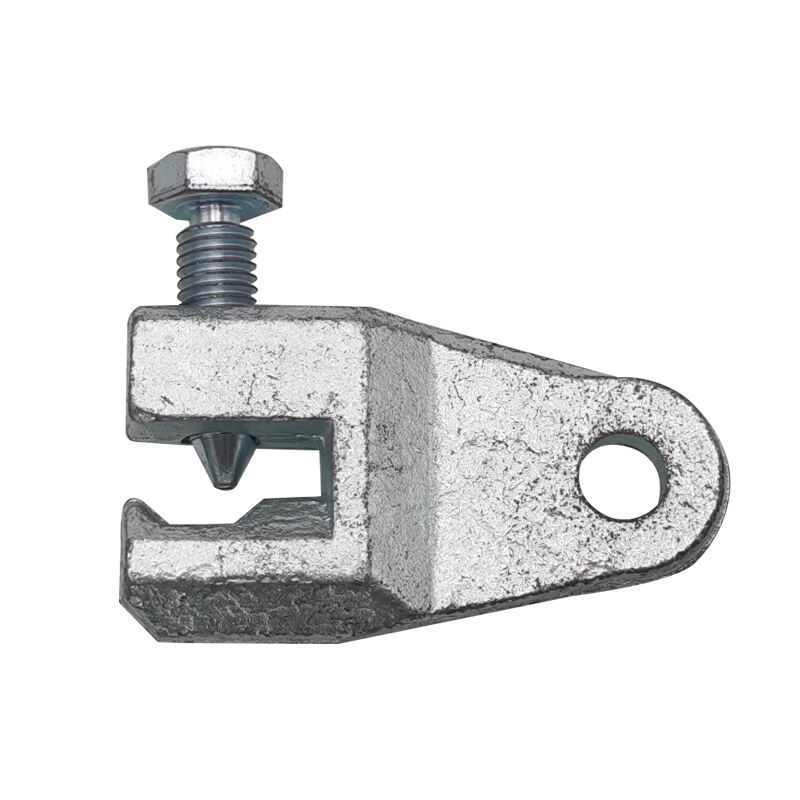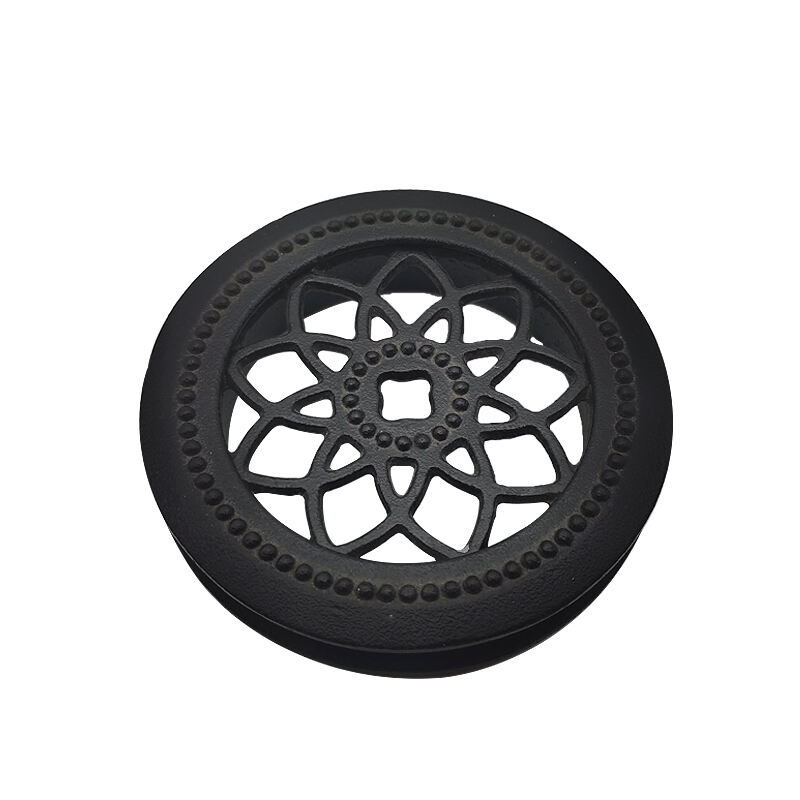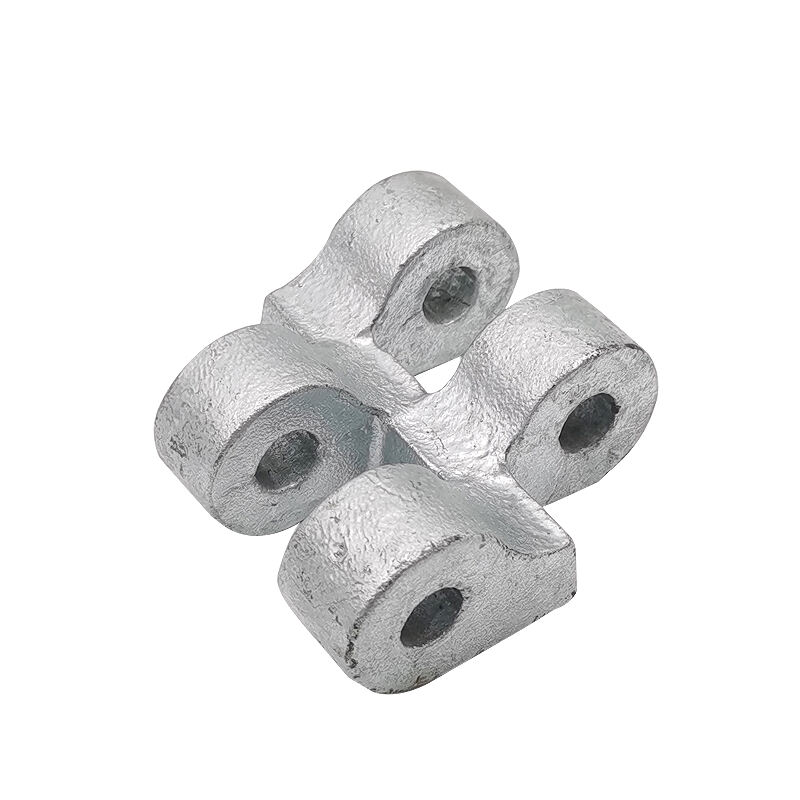casting components
Casting components represent fundamental elements in manufacturing processes, serving as crucial building blocks for various industrial applications. These precision-engineered parts are produced through sophisticated casting methods, where molten materials are poured into specially designed molds to create complex shapes and structures. The components feature meticulous dimensional accuracy, superior surface finish, and exceptional mechanical properties, making them ideal for demanding applications across multiple industries. Modern casting components incorporate advanced metallurgical processes and quality control measures to ensure consistency and reliability. They are designed to withstand diverse operating conditions, including high temperatures, pressure variations, and mechanical stress. The versatility of casting components extends to their material composition, encompassing various metals and alloys selected based on specific application requirements. These components often integrate innovative design features that enhance performance, durability, and cost-effectiveness in final products.


